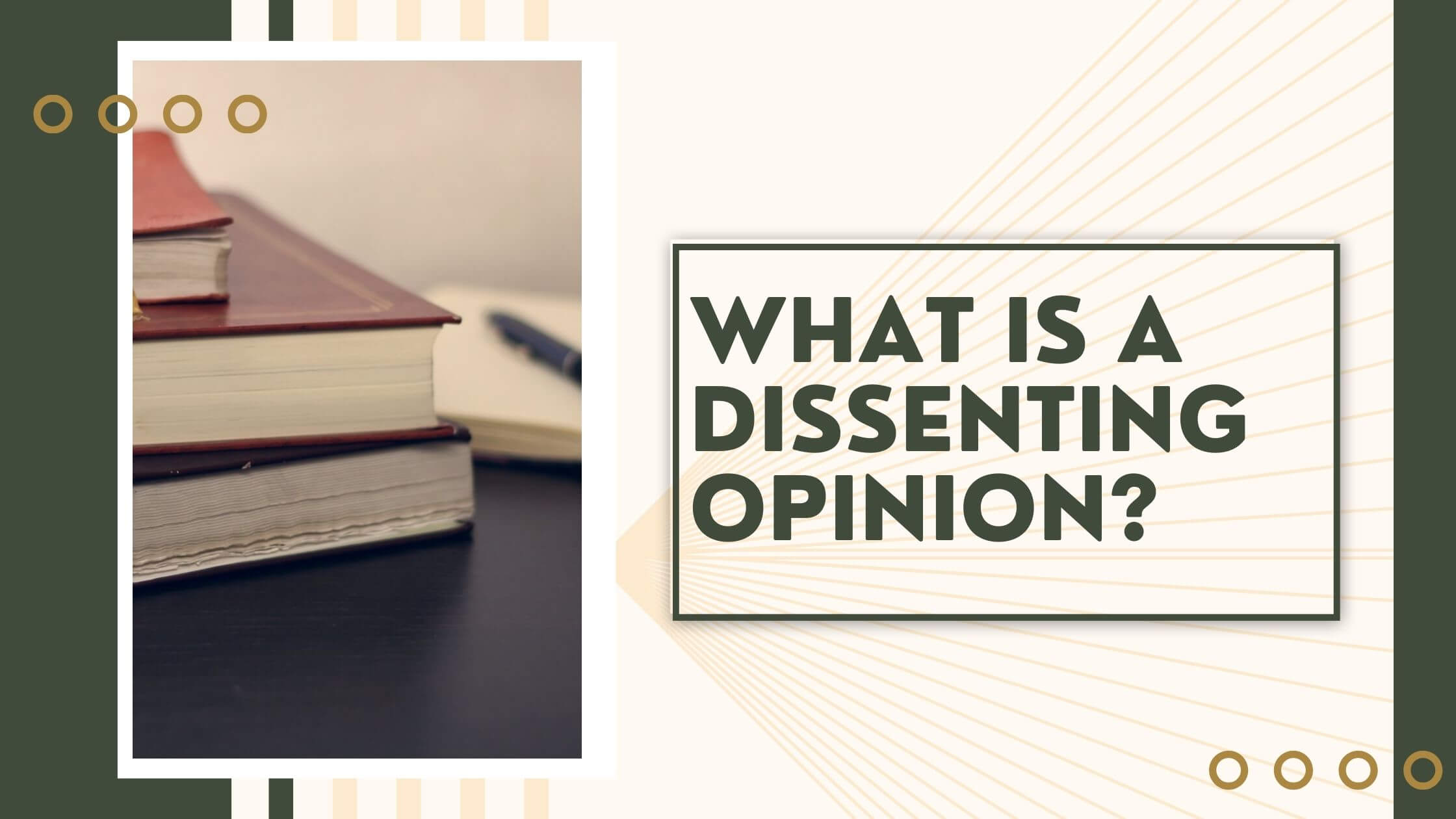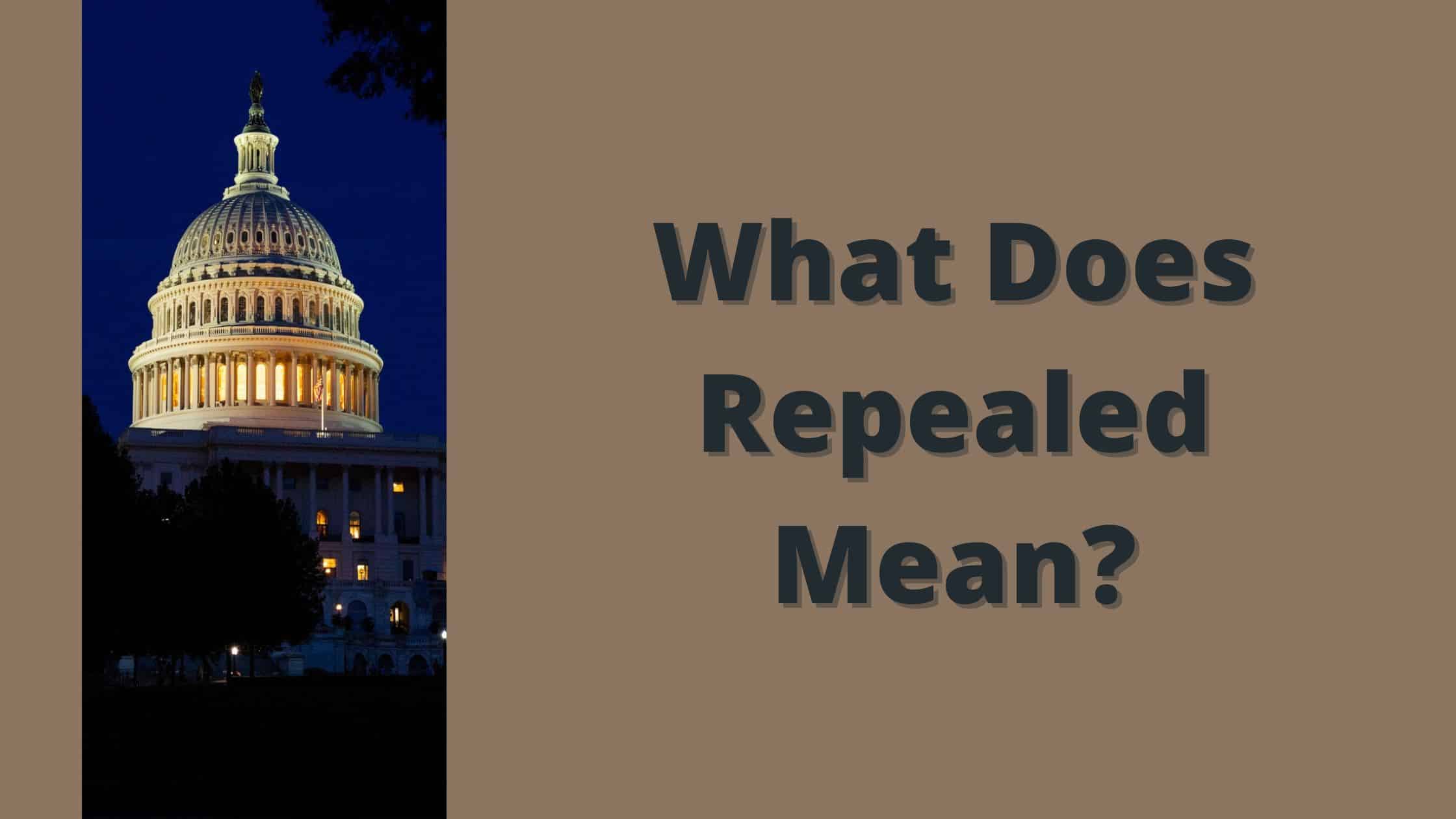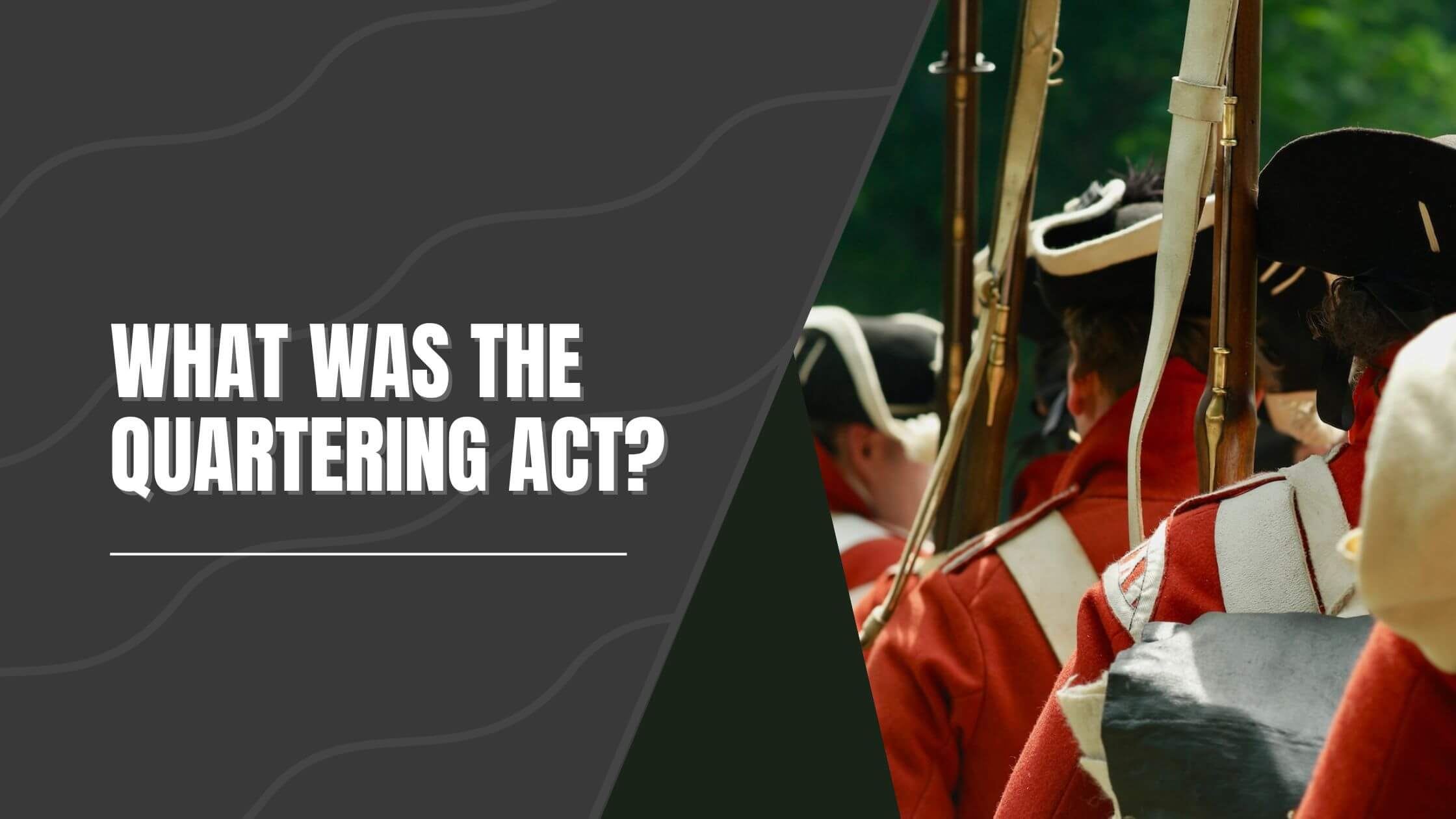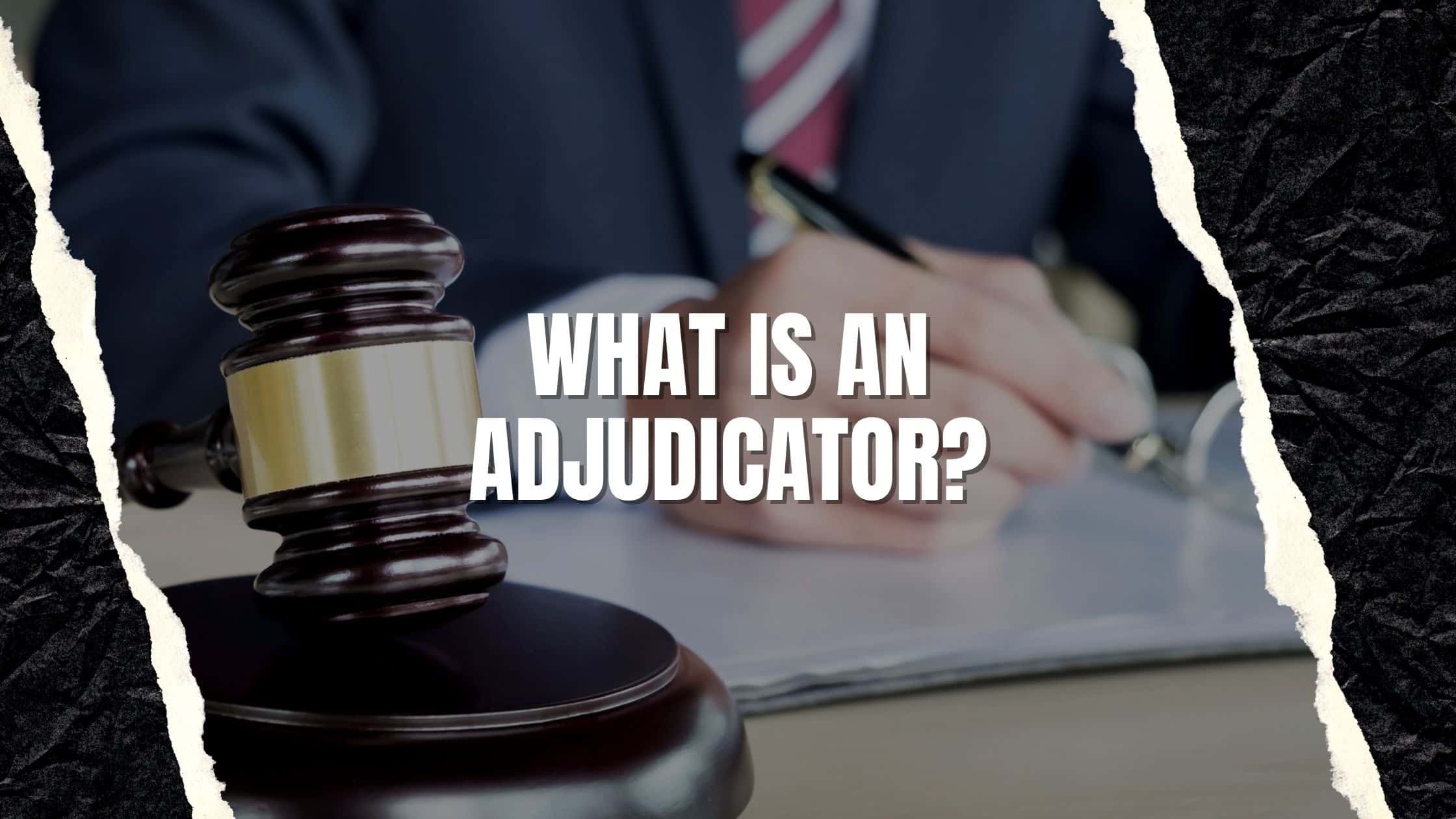Table of Contents
ToggleA dissenting opinion is simply an opinion that differs from the majority opinion. In the United States of America, dissenting opinions are often seen as a necessary part of the democratic process. After all, if everyone always agreed, progress would be slow at best.

Get Smarter on US News, History, and the Constitution
Join the thousands of fellow patriots who rely on our 5-minute newsletter to stay informed on the key events and trends that shaped our nation's past and continue to shape its present.
So if you find yourself in the minority on an issue, don’t despair – your dissenting opinion may be exactly what America needs.
What is a dissenting opinion?
In the United States, a dissenting opinion is a written opinion by one or more judges of a court that disagrees with the court’s majority opinion.
A dissenting opinion sets forth the minority view and is usually accompanied by a written explanation of the reason for disagreement. A dissenting opinion may be published alongside the majority opinion in a court’s official opinion.
A Written Opinion by One or More Justices Who Disagree With the Majority Opinion
Dissenting opinions are often given more weight than concurring opinions because they represent a majority of the court, but some courts don’t give them any value at all.

These opinions are different from concurring opinions in that they outline an alternate approach to cases decided by the court rather than aligning themselves with the majority decision or supporting it as part of a larger group of justices.
They may also explain why they disagree with certain parts of the majority decision, which can be useful for law students who want to learn more about how courts work and how judges decide cases.
Different From Concurring Opinions
While a concurring opinion is an agreement with the majority, it also includes additional points that the justices want to add. The word “dissenting” means to disagree with something. So, in this case, it would mean that you are going against the court’s decision.
The word “concurring” means to agree with something. So if you were writing a concurring opinion, it would mean that you agreed with the court’s decision but also wanted to add your thoughts on it.
Importance of Dissenting Opinions
The dissent is important because it outlines an alternative approach to a case and can help future justices decide how to rule in similar cases. It can also help the public understand how the court reached its decision.

In some instances, dissenting opinions are published separately from the majority opinion. This is usually done when there are many different views about a case, and it’s important for people to see them all at once.
Impact of Dissenting Opinions
A dissenting opinion is a judge’s written dissent to the majority ruling in a case. For example, if you and your friends are watching a movie together and one person disagrees with what everyone else thinks about it, that person could write down their thoughts on why they have this point of view.
This would be called a “dissenting opinion” because it differs from what most people believe about the movie or issue being discussed.

The dissenting opinion provides an additional perspective on legal issues, which allows for alternate viewpoints to be expressed, offers a more thorough analysis of such issues, provides more clarity regarding legal precedent (precedent being previous court decisions), and allows further examination into areas where more research needs to be done. Hence, so as not to miss any key details related thereto.
Overall, it provides an opportunity for discussion among those involved to avoid missing any key points.
Why Do Dissenting Opinions Exist?
In the United States, a dissenting opinion is an opinion in a legal case by one or more judges who disagree with the court’s majority opinion. A dissenting opinion is also called a minority opinion.
Dissenting opinions are written to explain why the judge(s) who wrote them believe the majority opinion is wrong. They also give others who might read the court’s decision another way to examine the case. And sometimes, a dissenting opinion will convince the rest of the court to change its mind and rule differently.
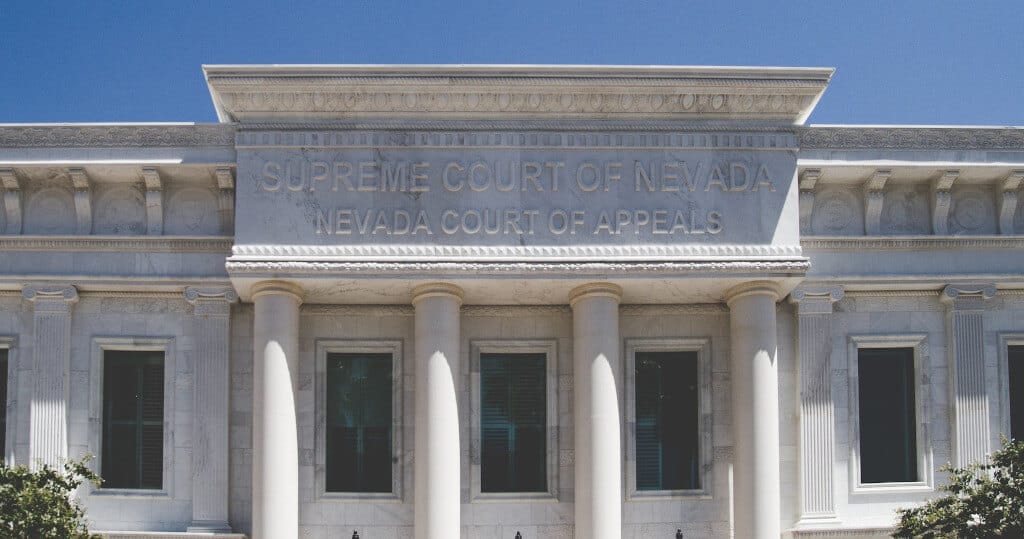
In some cases, a dissenting opinion is so important that it later becomes the law of the land. For example, in the 1954 Brown v. Board of Education case, there were several dissenting opinions.
But it was one particular dissent – by Justice Robert H. Jackson – that was later cited more than any other in arguments before the Supreme Court and lower courts across America.
How Do Dissenting Opinions Affect the Law?
Dissenting opinions are written by judges who disagree with the court’s majority opinion. A dissenting opinion is also referred to as a minority opinion in the United States. A dissenting opinion may not become law, but may influence future cases.
Justices may choose to adopt the reasoning of dissent in a future case if they agree with the dissent’s position.
Additionally, dissents may garner the support of other justices and eventually become the majority opinion in later cases.
What Are Some Famous Dissenting Opinions in America?
If you’re wondering what a dissenting opinion is, think about the history of the United States Supreme Court. Many famous dissents have played an important role in changing the law of the land.

Dissents serve as a roadmap for future judges, lawyers, and even Congress changes. But dissents have also had a positive effect on our culture.
Without dissenting opinions, America would probably not be where it is today.
- In the United States Supreme Court case of Pink v. Patterson, Chief Justice Stone dissents. The majority, however, agrees. The dissenting justices argue that the Supreme Court should not act as a weapon of inequality and injustice. However, the majority sided with the plaintiff in this case, and the dissenting justices criticized the ruling in the process.
- In another case, the dissenting opinion in the Pink v. United States case was a major landmark for international law. It states that foreign governments cannot apply local laws to private property.
- Some of the most famous dissenting opinions in American history are by Justice Benjamin Curtis, who argued for the right to a lawyer in court. In another case, Justice John M. Harlan dissented from the majority’s decision in Plessy v. Ferguson. The majority’s decision was overturned due to its flawed premises, so he stood alone. The majority’s ruling was subsequently overturned, and the Supreme Court apologized and paid reparations for the Japanese American internees.
Dissent in the Supreme Court
The role of dissent in the Supreme Court and other courts is not always clear-cut. However, it does allow for a freer and honest debate of ideas.
Some dissents, which oppose a majority decision, are considered useless and may detract from the prestige of a court judgment and undermine public confidence in the stability of our legal system. But dissents do serve an important role in shaping the arc of history.
- Justice Scalia is another Supreme Court justice who has never been afraid to express his disagreements. His dissents have always been forceful and well-written, but few of them have become law. His famous Sykes dissent, which dealt with the Armed Career Criminal Act, is one of his best-known dissents. In this case, he pointed out that the United States should reconsider its decision in the Lawrence case, in which a majority of the court had ruled. His dissent was harsh, but he knew many people would disagree with him.
Although it is common for dissenting opinions to be criticized by the majority, many dissenting opinions are useful in other circumstances.
For instance, dissenting opinions may allow judges to express their disagreements and persuade Congress to pass legislation. Justice Ruth Bader Ginsburg, for example, made an example of this by posting her dissenting opinion. She used the dissenting opinion on her website, where many women are encouraged to read it.
How Do Dissenting Opinions Affect Precedent?
Dissenting opinions are written by judges who disagree with the majority’s decision. In some cases, a dissenting opinion can be used as persuasive authority in future cases. However, it is not a binding precedent.

When the United States Supreme Court decides a case, the majority opinion becomes a binding precedent on all lower courts in America.
However, sometimes justices will write dissenting opinions if they disagree with the majority. For example, in the 2006 case of Garcetti v. Ceballos, Justice Ginsburg wrote a dissenting opinion that was subsequently cited as persuasive authority in the 2009 case of Weingarten v. Board of Education.
In general, lower courts are not required to follow dissenting opinions; however, they may choose to do so if they find the reasoning persuasive. When a lower court chooses to follow a dissenting opinion, it is said to be “persuaded” by that opinion.
Are dissenting opinions always published?
A dissenting opinion is not a binding precedent but may be cited as persuasive authority by lower courts. Justices who agree with the majority may also write concurring opinions to express their agreement with the result reached by the court but to offer additional legal reasoning or analysis.

What Are the Benefits of Dissenting Opinions?
- Dissenting opinions help to ensure that all voices are heard and that all perspectives are considered.
- They also help to create a more well-rounded and informed decision-making process.
- Dissenting opinions provide a forum for the minority to express their views and offer a different perspective on the issue at hand. They allow the minority to present information that may have otherwise been left out of the majority opinion.
- In addition, dissenting opinions often provide the basis for future decisions on similar cases. The United States Supreme Court has cited dissenting opinions as evidence that a decision was not unanimous and thus can be used as precedent in subsequent cases dealing with similar issues.
- Dissenting opinions can also help to protect minority viewpoints and prevent the majority from getting too far off track. They allow those who disagree with the outcome of a case or with its reasoning to explain why they feel this way, which helps ensure that all voices are heard.
- Dissenting opinions can provide additional clarity on the issue at hand and help to ensure that all perspectives are considered. They also help create a more well-rounded and informed decision-making process.
Are There Drawbacks to Dissenting Opinions?
- Dissenting opinions can sometimes be difficult to read, especially if the judge has a lot of criticism for the majority opinion.
- They can also take up a lot of space in a decision, which may make it harder for people to find the ruling itself.
- The biggest drawback of dissenting opinions is that they can be used to create confusion and undermine the authority of a decision. If someone writes a dissenting opinion that does not accurately reflect the views of all parties involved, then this can cause problems for those who need to implement the ruling.
- They may also be longer and more detailed than the majority opinions, which can make them more difficult for people to understand. Dissenting opinions can be confusing.
- When there is a majority and a minority opinion in the same case, it can be difficult for people to understand what each one means or how they relate to each other. This can make it harder for those unfamiliar with the legal system to understand how the court reached its decision.
- They can be used to score political points rather than to further the development of the law.
Value of a Minority Opinion
A dissenting opinion is a critical aspect of a Supreme Court decision and its role in interpreting the law. They are important because they show how one justice views a case and can be used to shape future decisions by other judges.
